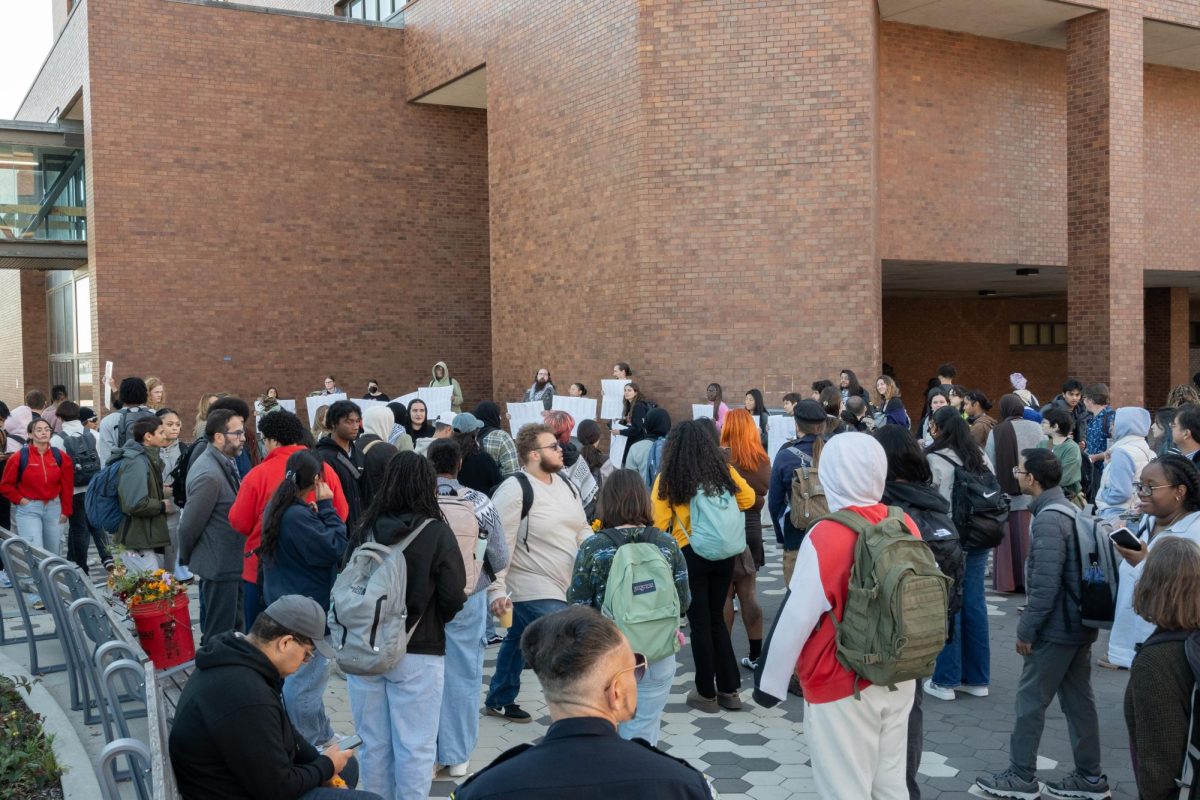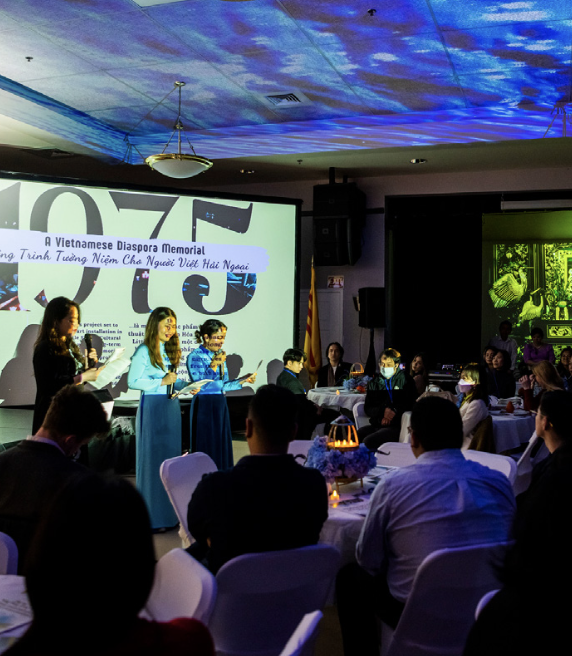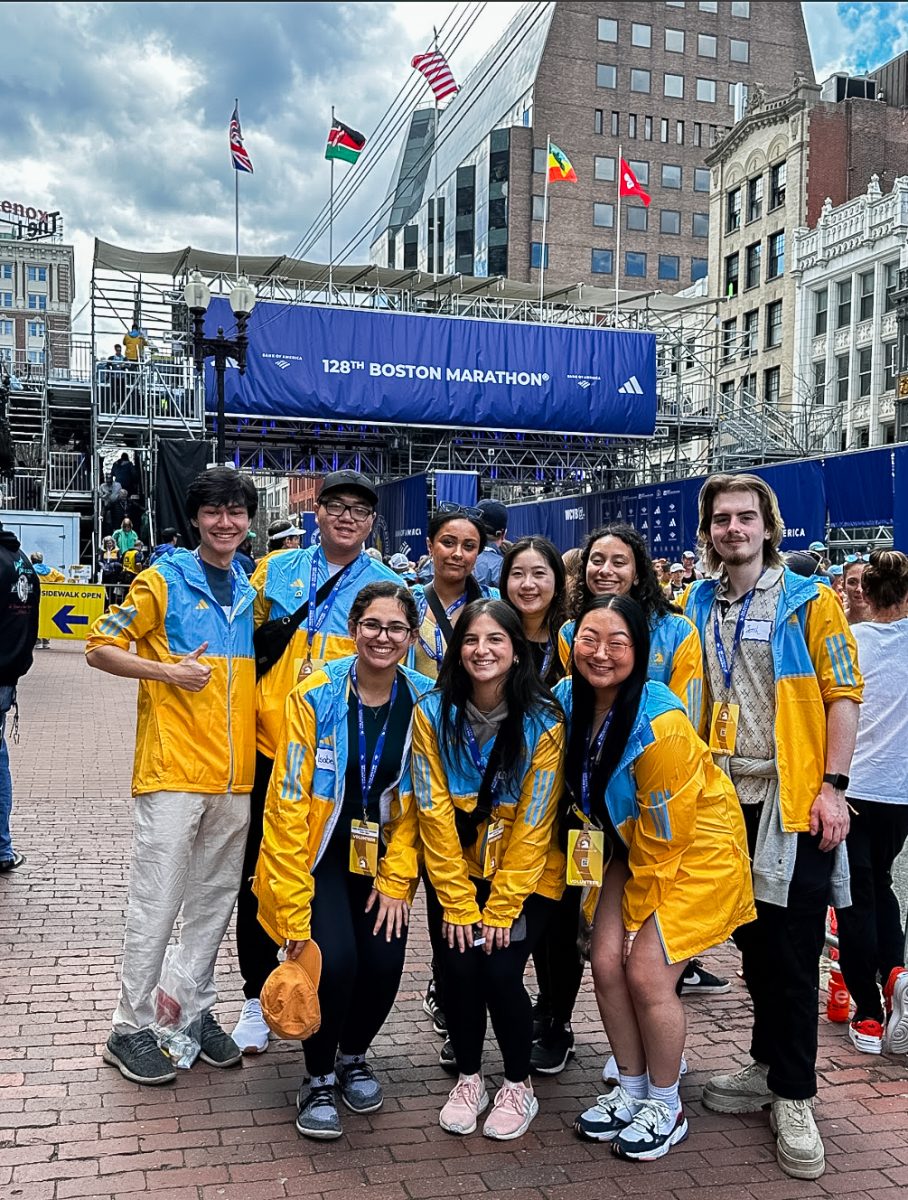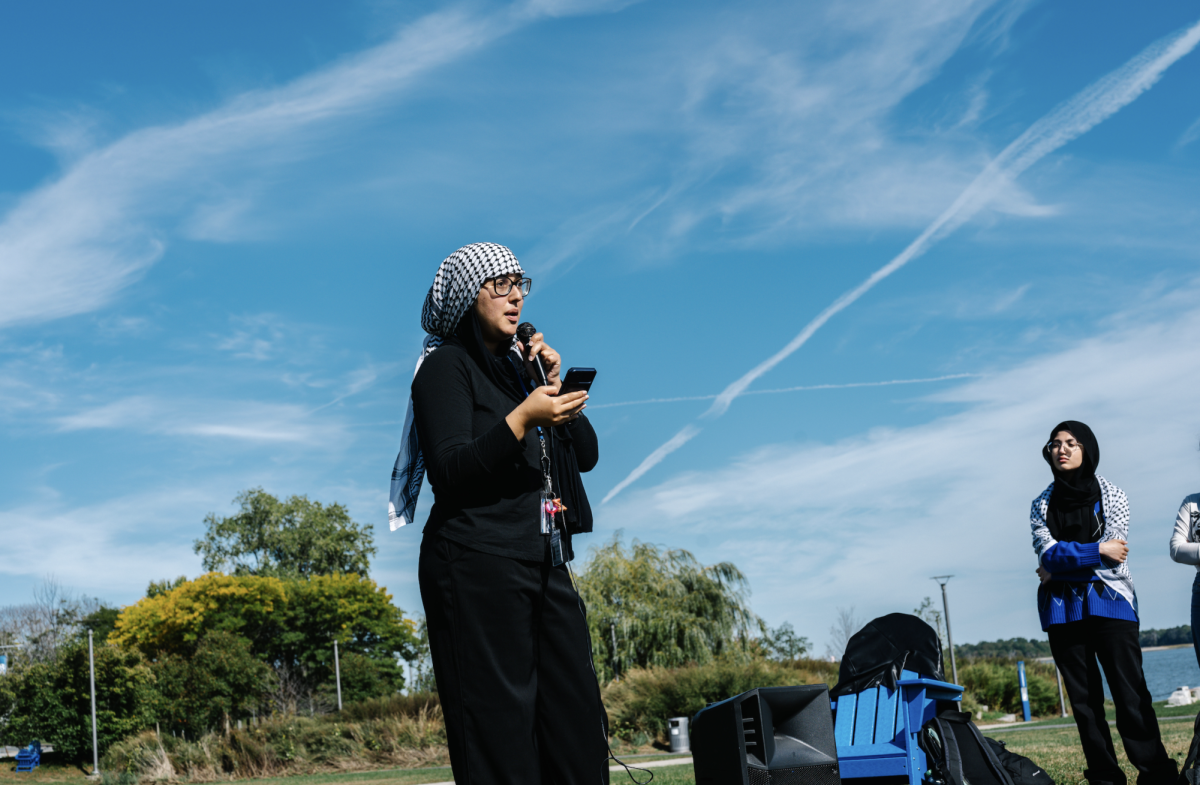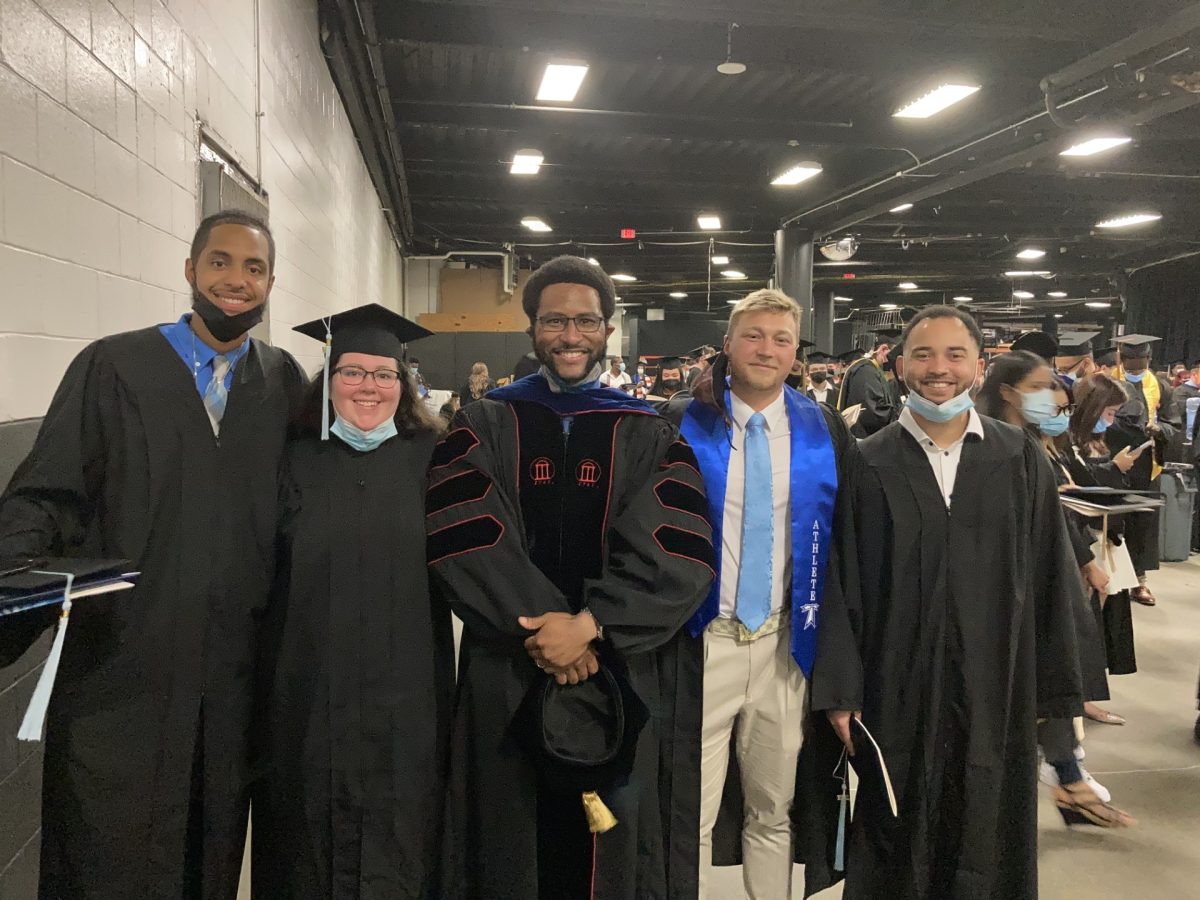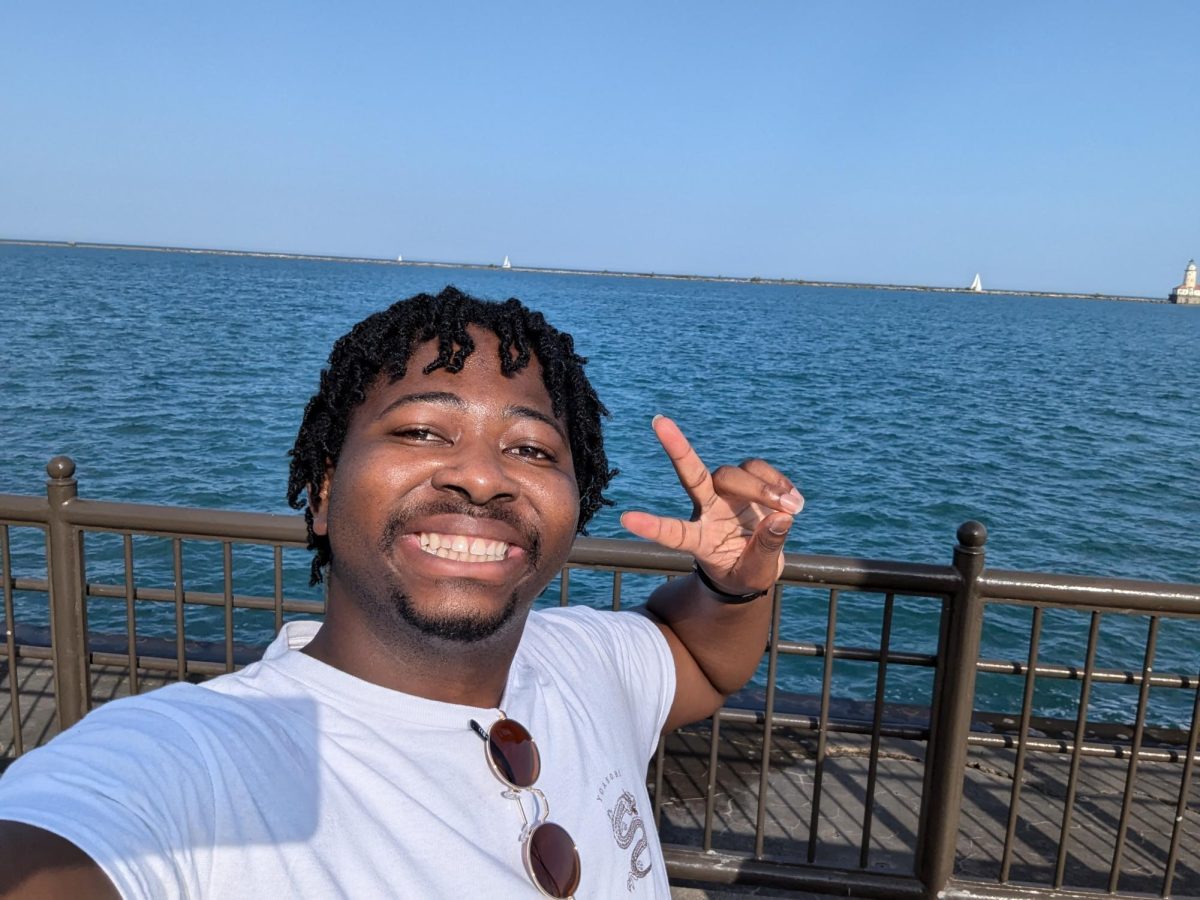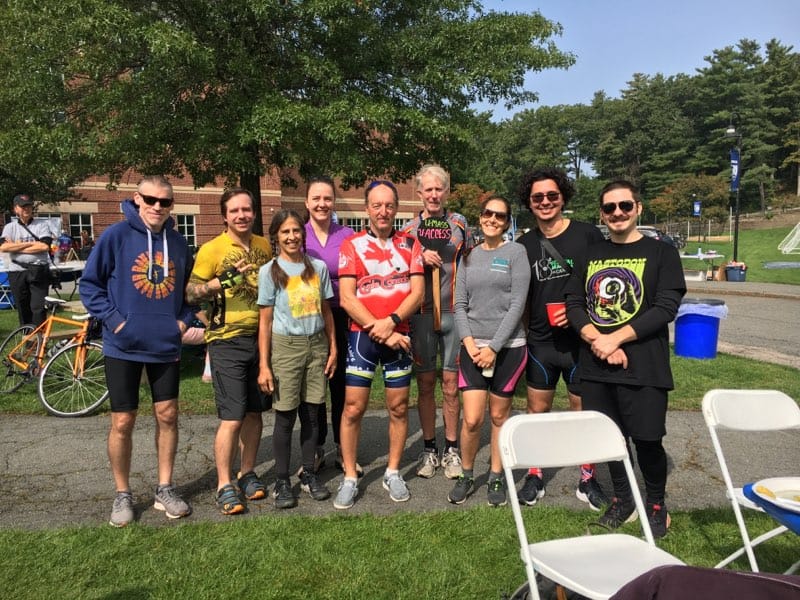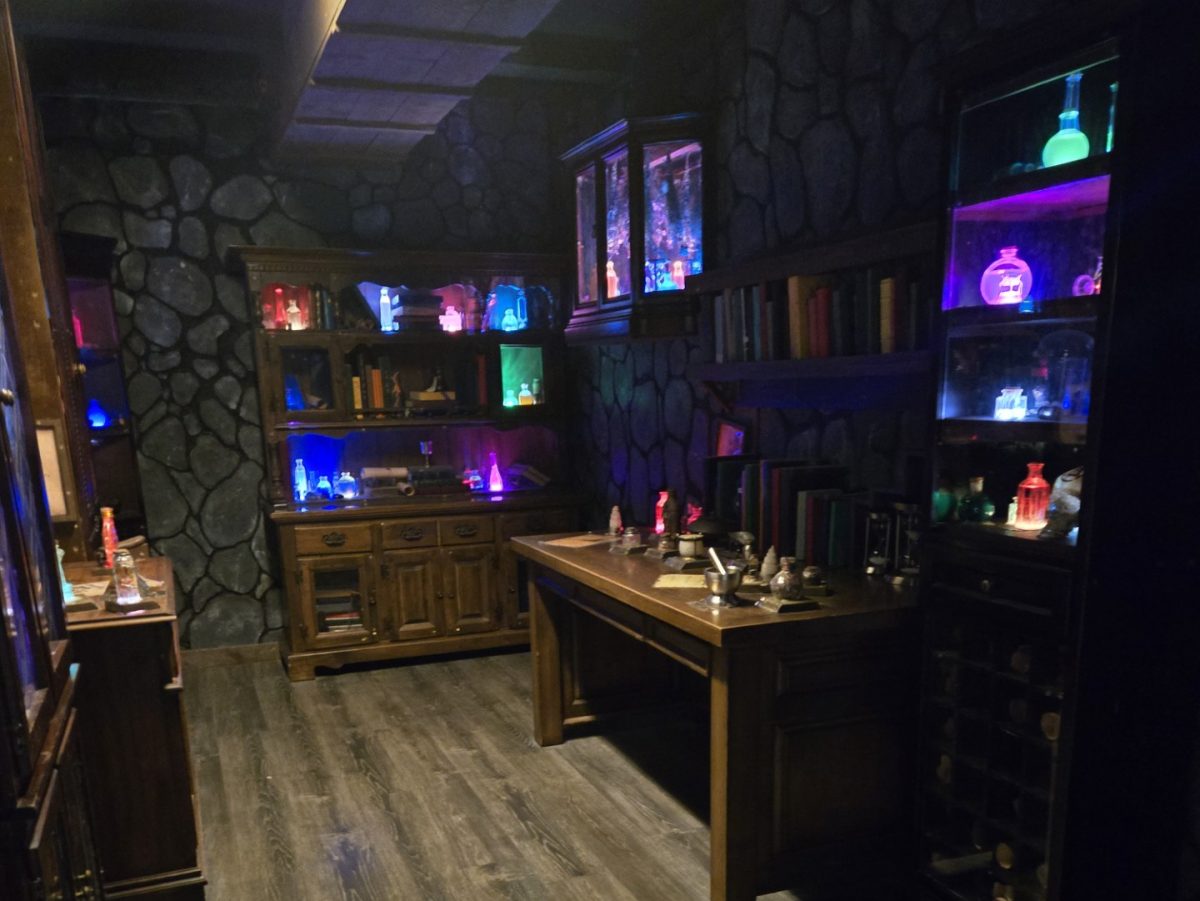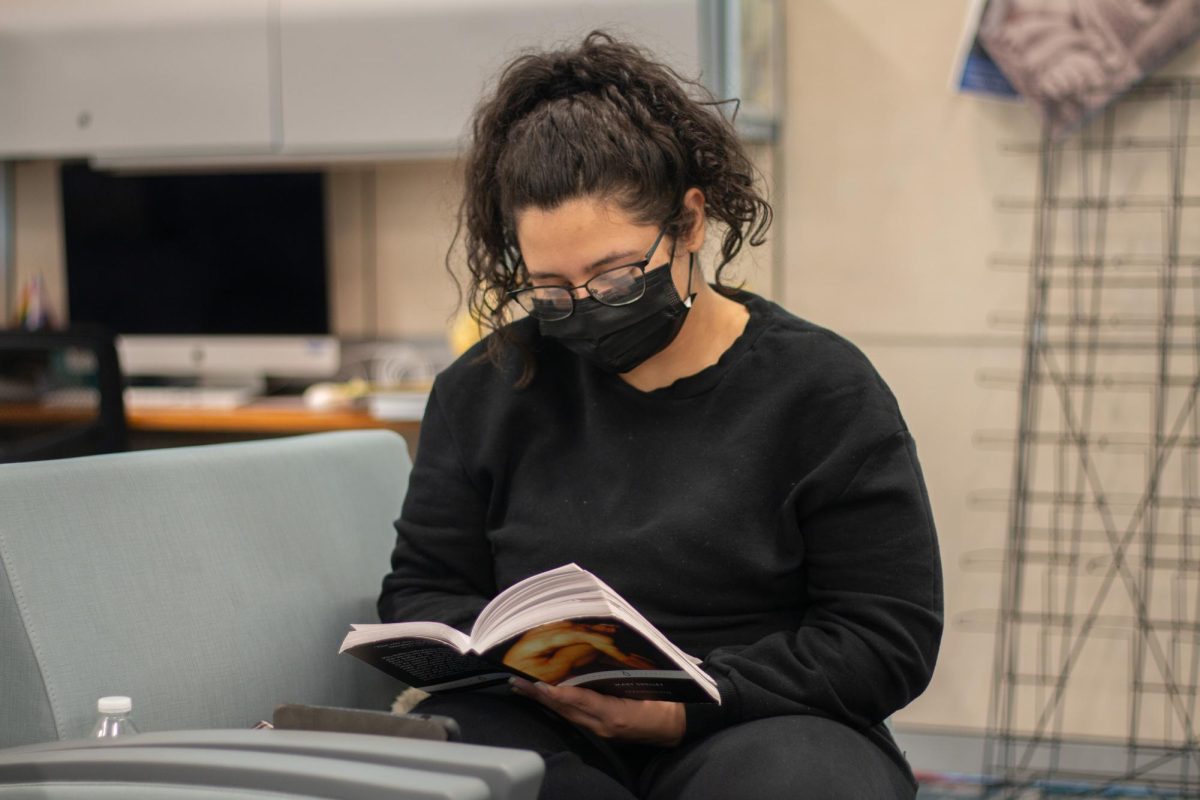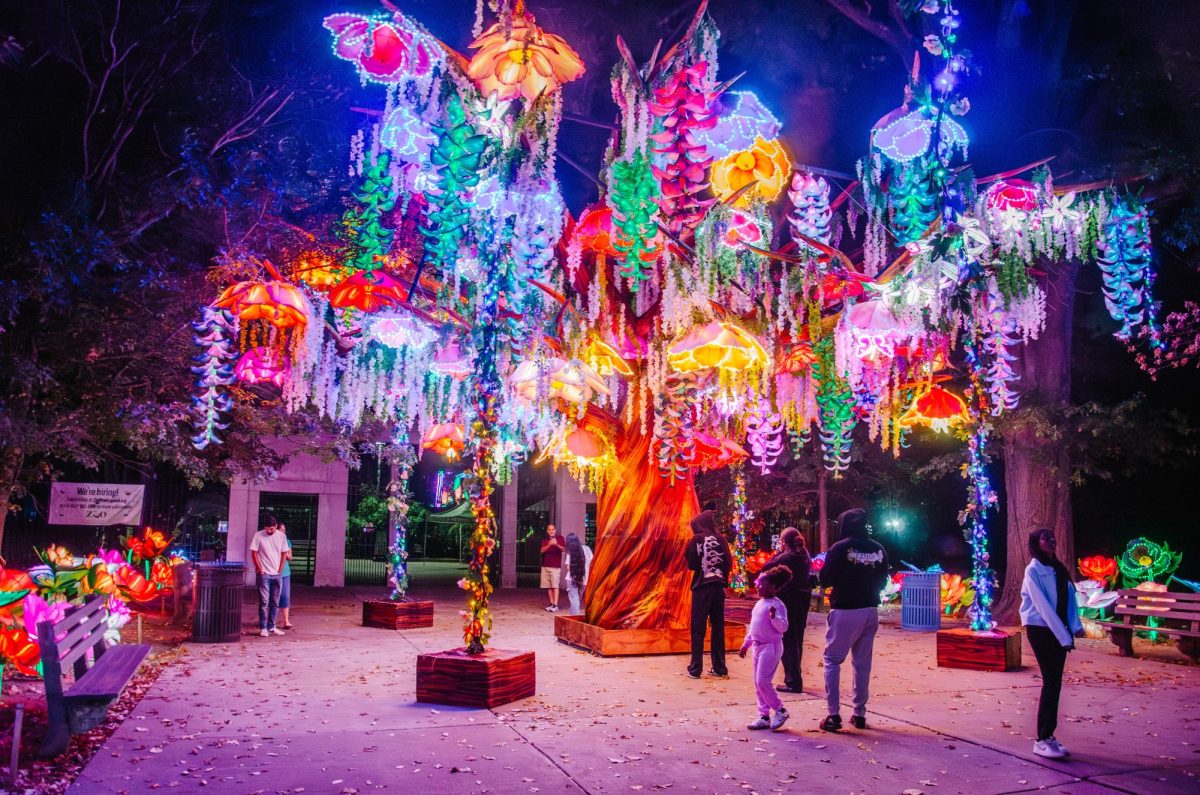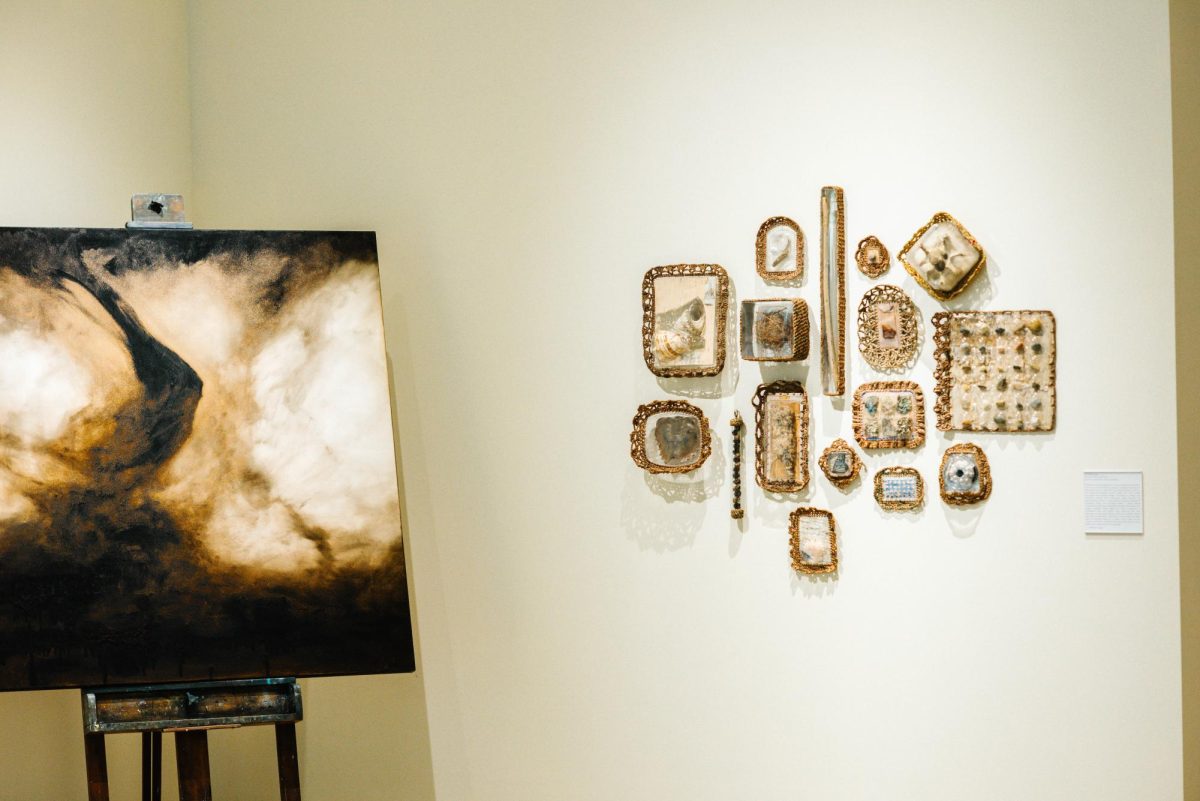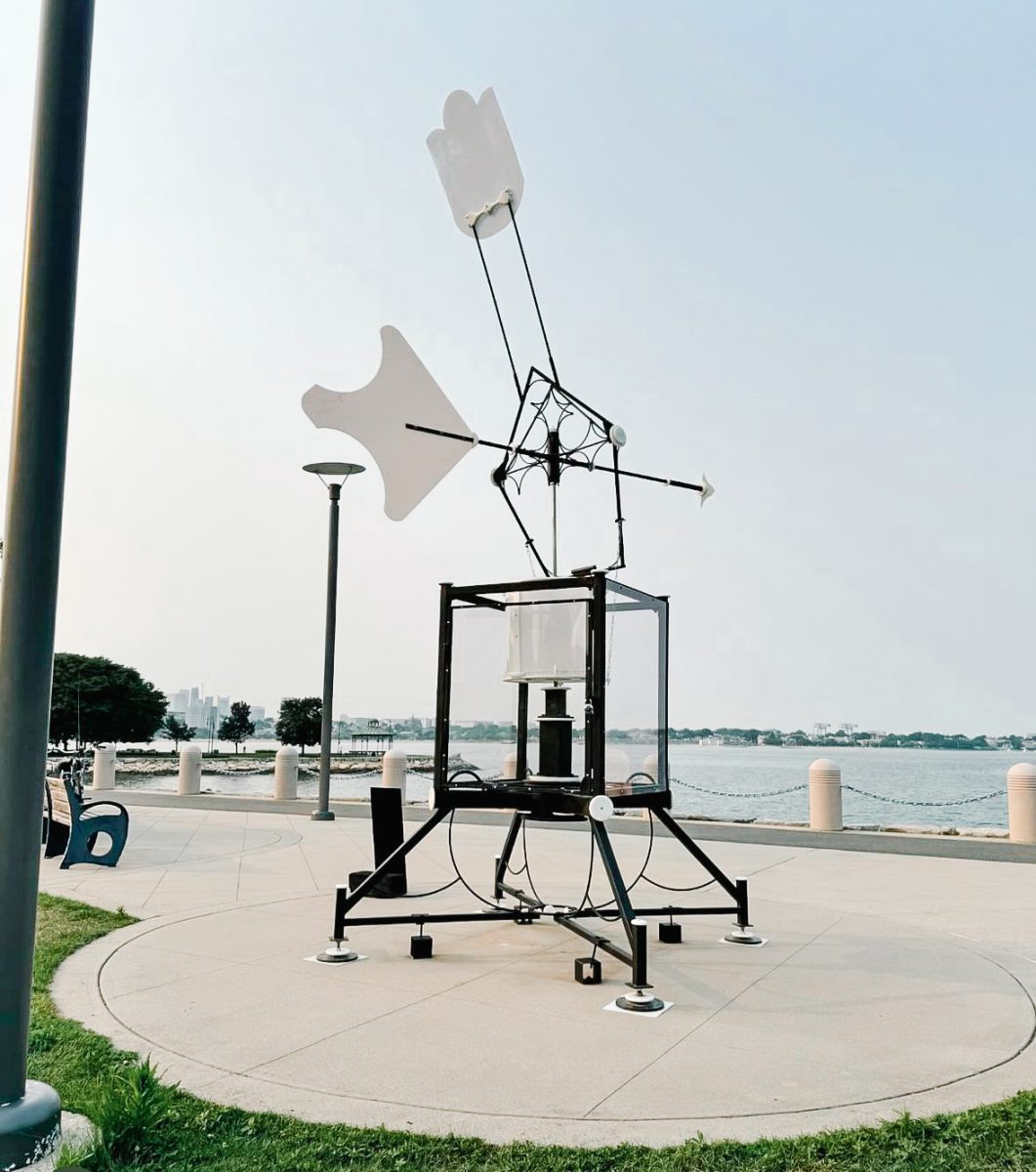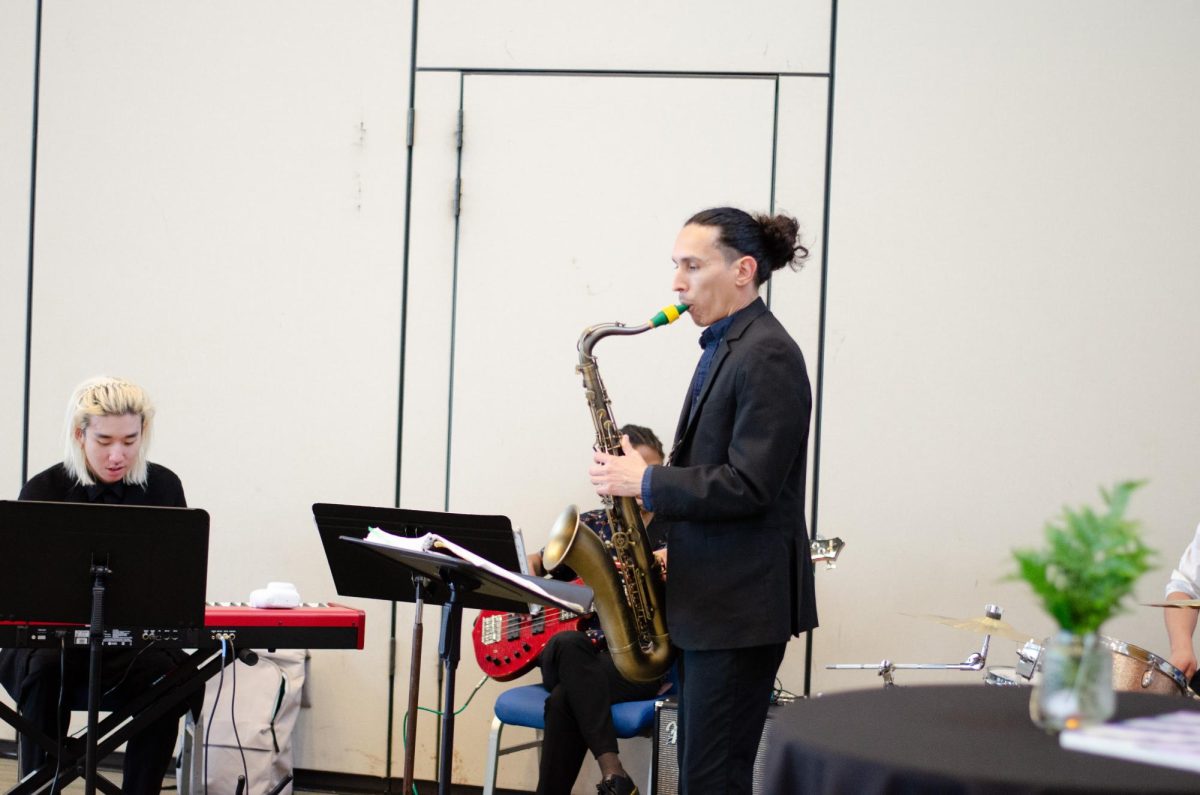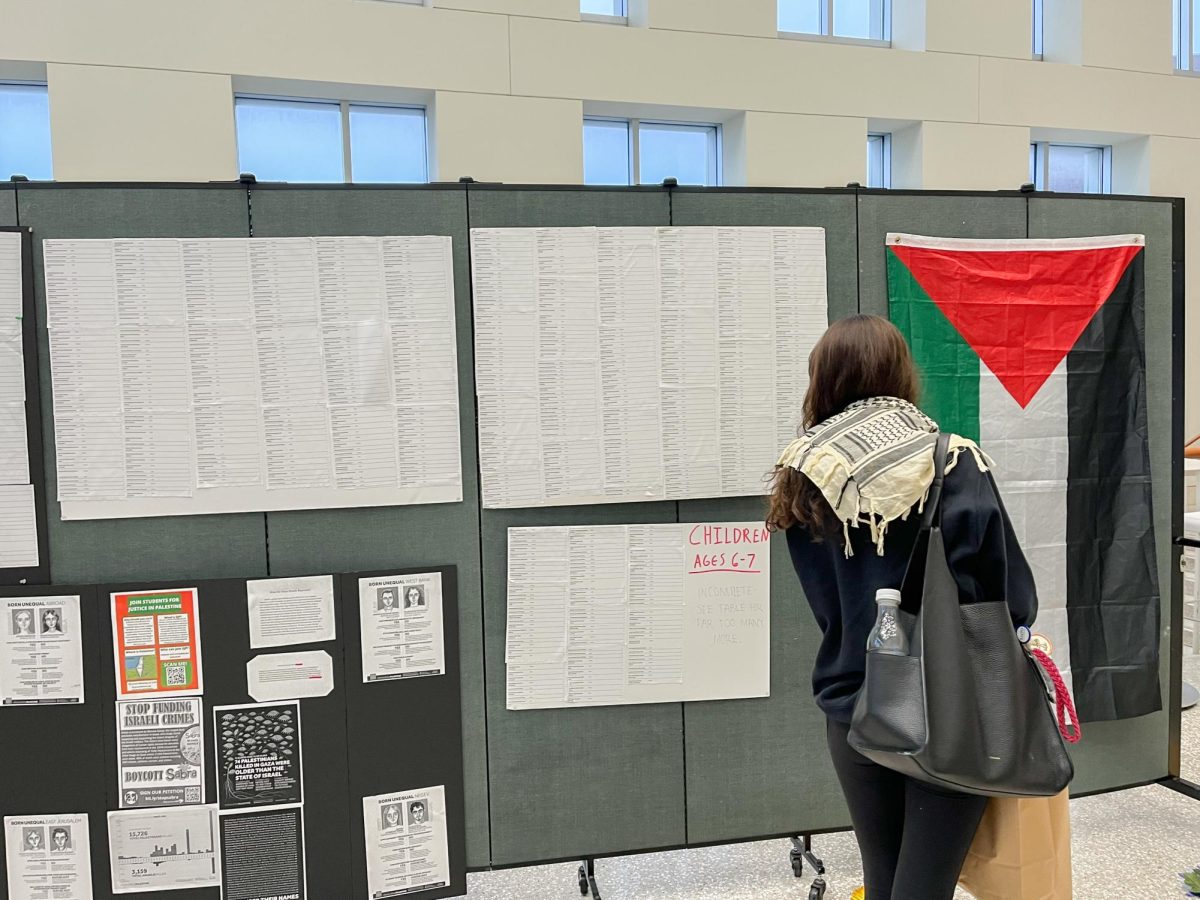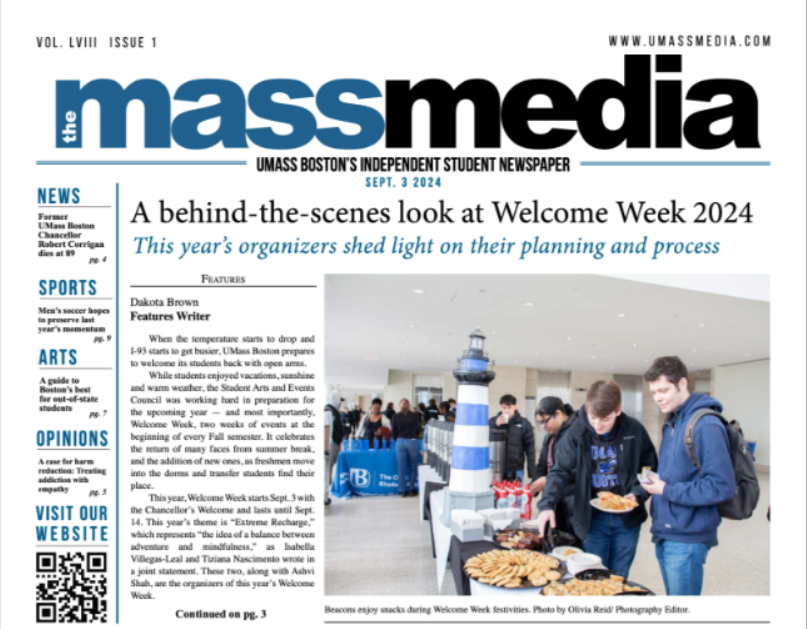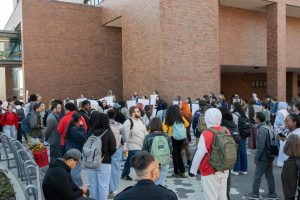Branford Marsalis at UMass Boston
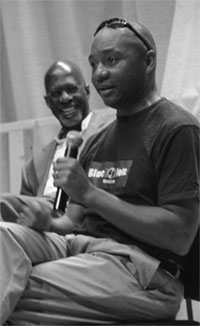
May 14, 2008
Whether you are an accomplished musician or just a lover of music, it is always inspiring to listen to a person who masters the artistry of the craft. Branford Marsalis is such a man who, in his two-hour talk, gave the audience his insights on life, his own personal experiences, New Orleans and, of course, his love of music. Performing in the Snowden Auditorium in the Wheatley Building on May 6, Marsalis treated many to a taste of his musical abilities and demonstrated his passion for life.
Branford Marsalis is no stranger to music. Known for his brilliant saxophone skills, Marsalis comes from a family of musicians. At forty-seven he has a long list of accomplishments, including numerous Grammy awards and performances with such musical greats as Sting and Bruce Hornsby. Marsalis also had the privilege of touring with the late Miles Davis during what would be Davis’ last tour. He also was the musical director for the Tonight Show from 1992 to 1995.
Despite his numerous accolades and high-status collaborations, Marsalis is genuine and down-to-earth; during his performance and lecture at UMass Boston, Marsalis welcomed any questions that were asked of him, as he said to the audience. One of the more interesting and passionate discussions came when the issues in New Orleans were brought up. He talked about Hurricane Katrina, claiming that pre-Katrina New Orleans was “a place that you never leave.” Unfortunately, Marsalis explained, it took an incident like Katrina to make people move away.
Marsalis has a huge place in his heart for New Orleans, and after Hurricane Katrina, he and Harry Connick Jr. decided to put together a “Habitat for Humanity” project that would restore New Orleans’ rich musical heritage. The project, announced in 2005, would be called “Musicians Village” and would seek to provide reasonably priced housing for musicians through The Ellis Marsalis Center for Music.
The audience was also treated with two compositions, a jazz piece called “Angel Eyes” and a blues piece. Both pieces were performed in accompaniment with the Chair of the Performing Arts Department, and gifted pianist, Orville Wright.
Marsalis also talked about technology and while “nothing beats vinyl,” he commended new technology’s ability to allow us to access older recordings and hear them like never before.
He could have gone on for hours, and many, I’m sure, wouldn’t have minded. We are truly grateful for the time he spent with us and we hope our future musicians come to appreciate jazz the way Branford Marsalis does.

